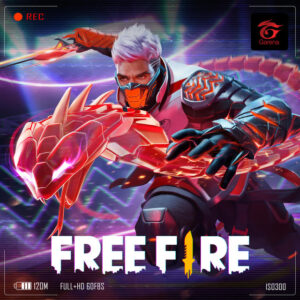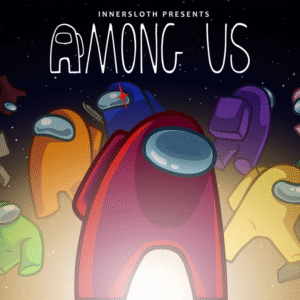From Folklore to Fantasy: The Real Inspiration Behind Black Myth: Zhong Kui Explained
Popular Now
 Fall Guys
Fall Guys
 Schedule I
Schedule I
 Counter-Strike 2
Counter-Strike 2
 PUBG Mobile
PUBG Mobile
 Stumble Guys
Stumble Guys
 Geometry Dash
Geometry Dash
 Call of Duty
Call of Duty
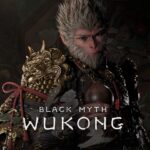 Black Myth: Wukong
Black Myth: Wukong
 Brawl Stars
Brawl Stars
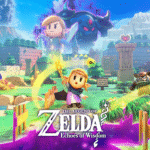 The Legend of Zelda
The Legend of Zelda
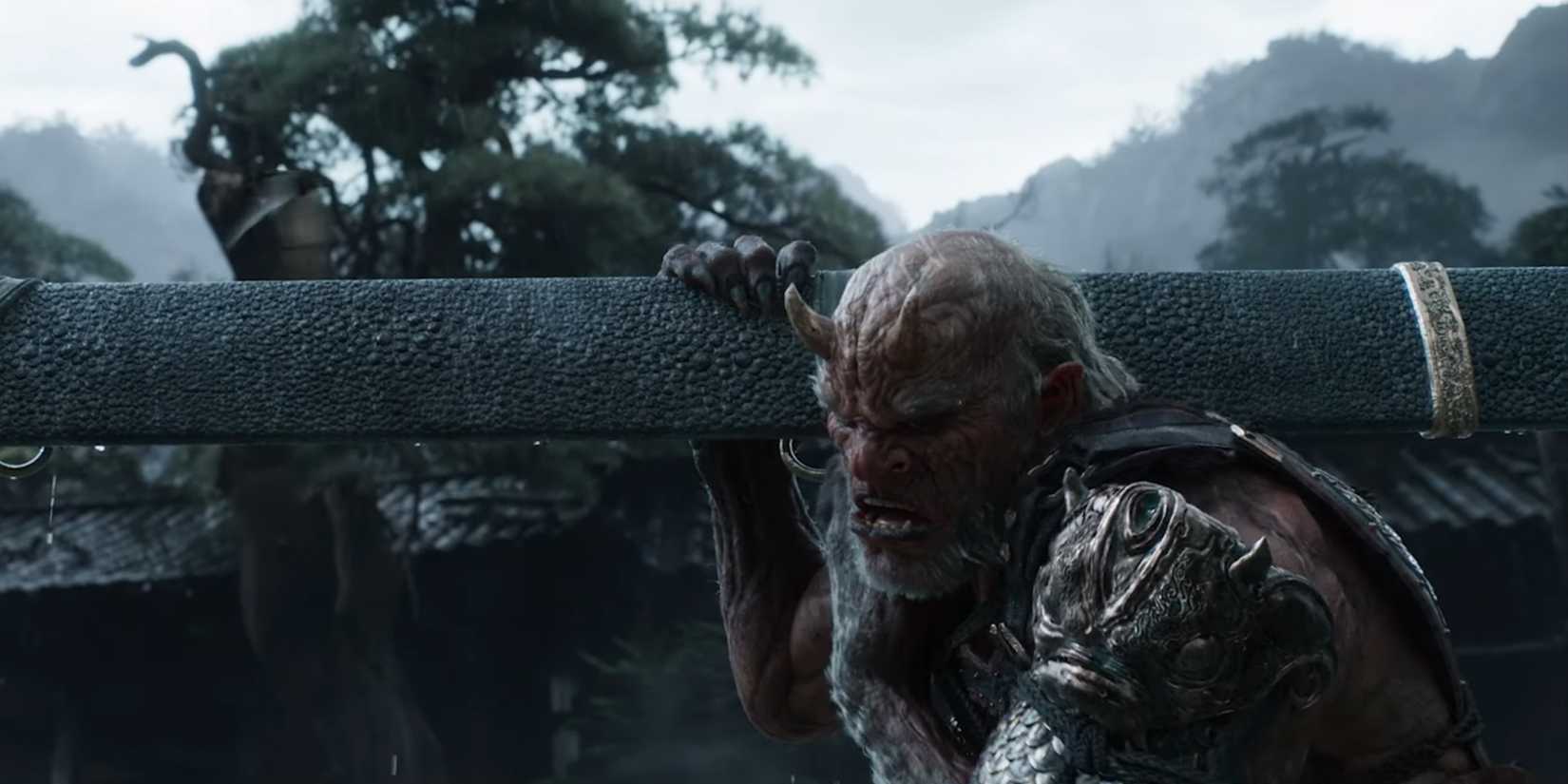
Following the monumental success of Black Myth: Wukong, Chinese developer Game Science has officially revealed the second title in its new series: Black Myth: Zhong Kui. Announced with a stunning cinematic trailer at Gamescom 2025, the game promises to be another action RPG steeped in the rich world of Chinese mythology. While Sun Wukong, the Monkey King, is a familiar face to many, the new protagonist, Zhong Kui, is less known to a global audience. Understanding his real-world origins is crucial to appreciating the game’s narrative and thematic direction, as it’s a story of injustice, vengeance, and a tragic hero turned divine demon hunter.
Zhong Kui (鍾馗) is a powerful figure in Chinese folklore and Taoist mythology, revered as a vanquisher of ghosts and evil spirits. He is typically depicted as a fierce, bearded man with a stern expression and a mighty sword, often seen with an entourage of friendly, subjugated demons. His image is traditionally hung on doors and walls, especially during the Chinese Lunar New Year, to ward off malevolent forces and bring good fortune.
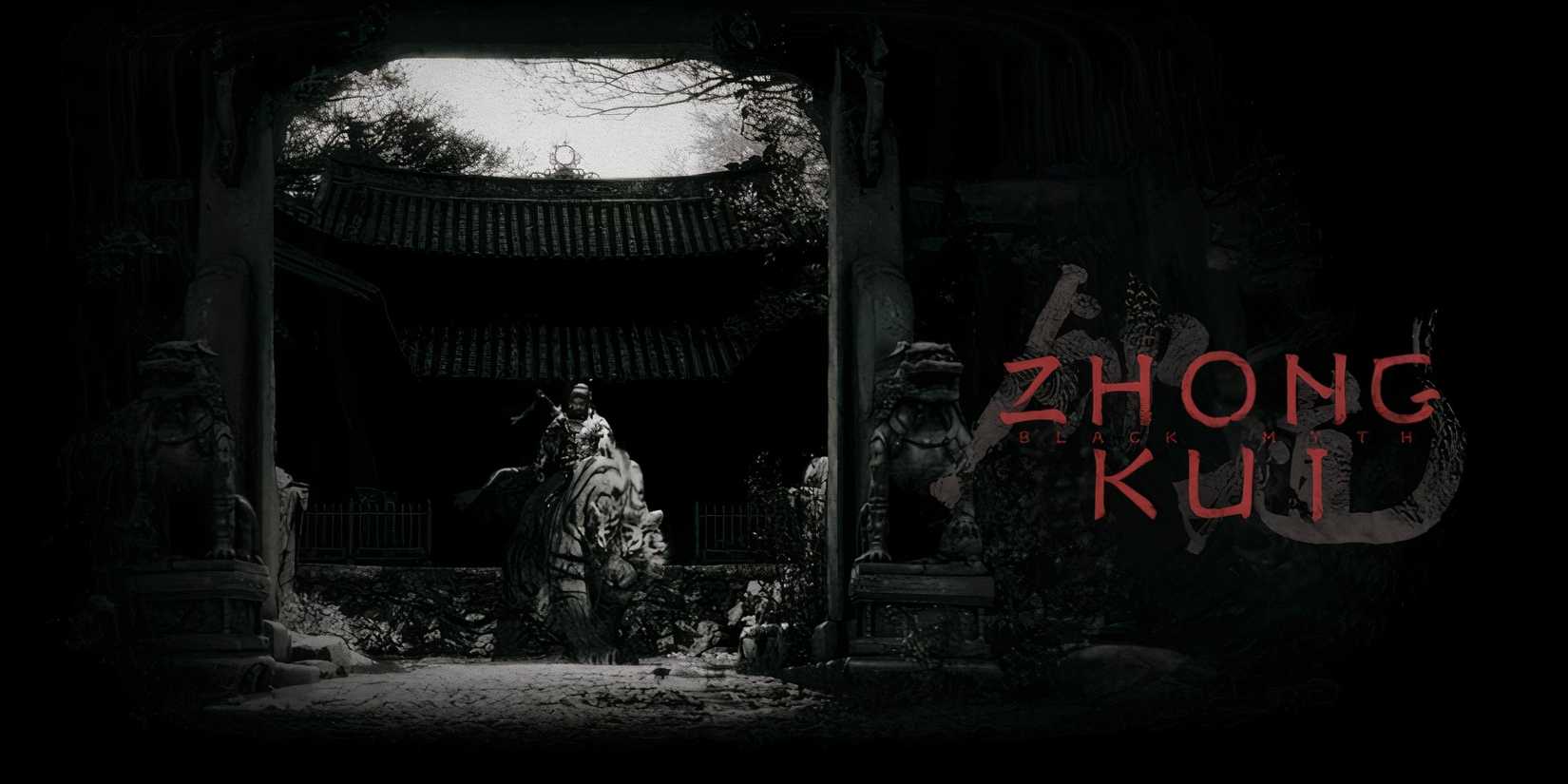 The Tragic Legend of a Scholar and a Suicide
The Tragic Legend of a Scholar and a Suicide
The myth of Zhong Kui is a poignant tale that gives his character an immense sense of purpose and tragedy. According to legend, he was a brilliant and highly educated scholar from the Tang Dynasty. He was so intelligent that he traveled to the capital to take the imperial civil service exams, and he passed with top honors. However, his life took a tragic turn when he was unjustly denied the prestigious title of “Zhuangyuan” (the top scorer) by the emperor because of his hideously ugly appearance. Consumed by rage and shame over this immense injustice, Zhong Kui took his own life by repeatedly smashing his head against the palace gates until his skull broke. His death was a final act of protest against a corrupt system that valued appearance over merit.
In the afterlife, the King of Hell, Yanluo Wang, saw the immense potential and righteous indignation in Zhong Kui’s soul. Impressed by his integrity and academic prowess, Yanluo Wang granted him a new title: the “Ghost King” or “Demon Queller” (驅魔真君). He was tasked with the divine duty of hunting down and subduing all the malevolent ghosts, demons, and evil spirits that plague the human world. Thus, Zhong Kui, the once-human scholar, became a formidable immortal, using his new power to exact justice and punish the wicked, a role he earned through his tragic and honorable death.
 What This Means for the Game
What This Means for the Game
The decision to make Zhong Kui the protagonist of the next Black Myth game is a fascinating one, as it promises a darker and more complex narrative than the one found in Black Myth: Wukong. While Wukong’s story is one of a rebellious hero’s journey, Zhong Kui’s is one of a righteous outcast. This opens the door for new gameplay and story elements:
- A Darker Tone: The game’s setting will likely involve more exploration of the underworld and the spiritual realm. As a “demon hunter,” Zhong Kui’s enemies will be more monstrous and grotesque than the mythological creatures Wukong faces.
- Thematic Depth: The central theme of the game will likely revolve around justice, vengeance, and the question of what constitutes true monstrosity. Is it the demons he hunts, or the corrupt humans who sent him to his death? The game can explore the duality of Zhong Kui’s character as both a divine being and a vengeful spirit.
- A New Gameplay Loop: While Black Myth: Wukong focused on transformations and martial arts, Zhong Kui could introduce new mechanics based on its protagonist’s abilities. The game’s combat could involve commanding his “80,000 demons,” or using his power to exorcise spirits from possessed foes, similar to the “Ghost-Catching” power mentioned in the reveal trailer.
Game Science has a history of respecting and meticulously recreating the source material of Chinese mythology. Just as they brought the world of Journey to the West to life with stunning detail, they are poised to do the same for the legend of Zhong Kui. The game is not just a sequel; it is a new chapter in a saga that seeks to introduce the rich tapestry of Chinese folklore to a global audience, one legendary hero at a time.

